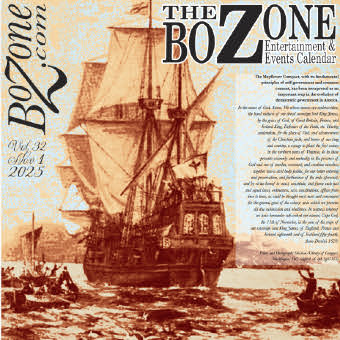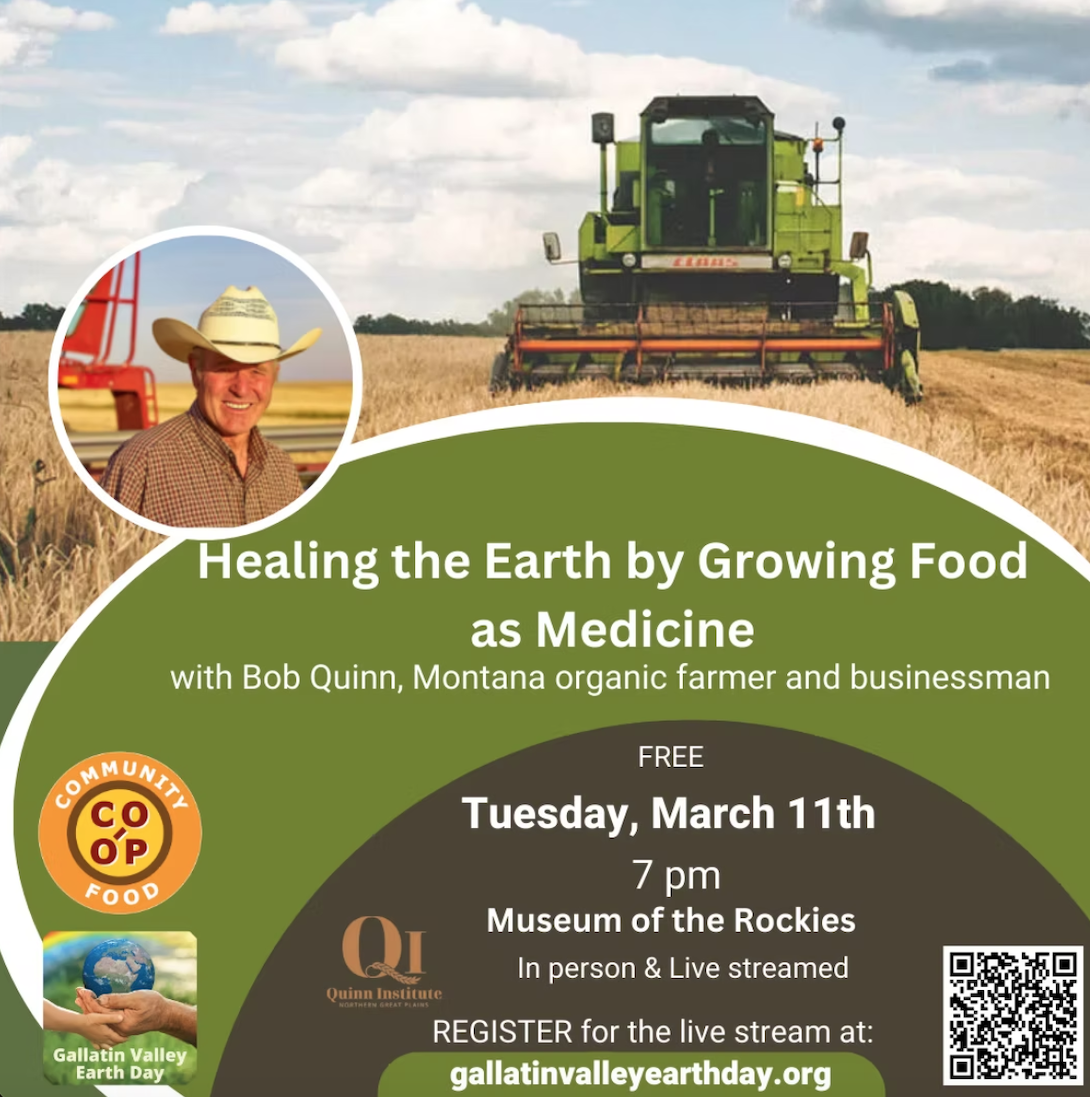Nobel economist to discuss economic inequality & ‘deaths of despair’ at MSU lecture
From MSU News Service
Nobel Prize-winning economist Sir Angus Deaton will discuss the link between income inequality and increasing mortality rates among white Americans during a free public lecture at Montana State University on Wednesday, August 29th at 7:30pm in the Strand Union Building’s Ballroom A.
Deaton, a senior scholar and professor emeritus at Princeton University, will present “Inequality and Deaths of Despair” as the inaugural speaker for the Distinguished Lecture Program, an annual outreach event of MSU’s Initiative for Regulation and Applied Economic Analysis in the Department of Agricultural Economics and Economics in the College of Agriculture and College of Letters and Science.
Deaton and fellow Princeton economist Anne Case identify a trend they call “deaths of despair” – deaths by drugs, alcohol and suicide apparently linked to economic decline – in their recent research paper “Mortality and Morbidity in the 21st Century,” published in 2017 in the journal Brookings Papers on Economic Activity. The paper followed up on the husband-and-wife pair’s findings in 2015 that death rates among middle-aged white Americans have risen dramatically since 1999 – a trend reversing decades of declining mortality and morbidity rates in that group.
Their research shows that while racial minorities in the U.S. have seen increases in lifespan during the past two decades, more white, middle-aged men and women – especially those without college degrees – have been dying younger. Overdoses of opioid drugs account for many of the deaths, they say, but drug abuse may only be a symptom of a larger, unseen epidemic of despair linked to economic trends.
The economists suggest that less-educated whites who struggle in the labor market early in adulthood are likely to experience “cumulative disadvantage” over time, resulting in health and personal problems that can lead to drug abuse, alcohol-related illness and suicide.
“Ultimately, we see our story as about the collapse of the white, high school-educated working class after its heyday in the early 1970s, and the pathologies that accompany that decline,” their latest paper concludes.
Wendy Stock, MSU economics professor and co-director of IRAEA, said Deaton and Case’s research makes a significant contribution to understanding pressing mental health issues, particularly in Montana, where the suicide rate is among the highest in the nation.
“This is a critical issue for all of us, and our hope is that Deaton’s lecture can be part of a larger, ongoing conversation about mental health and mental health policy in Montana,” Stock said.
Deaton will examine the causes of “deaths of despair” and discuss why the phenomenon appears to be limited to middle-class white Americans across the U.S. The lecture will also explore possible policy solutions. Deaton will be joined by Case during a Q&A session following the lecture.
Author of five books including “The Great Escape: Health, Wealth and the Origins of Inequality,” Deaton has spent decades studying global wealth and poverty, inequality, health, well-being and economic development.
He received the Nobel Prize in 2015 for his research on the role that consumption of goods and services plays in human welfare. A native of Scotland, Deaton was knighted in 2016 by Queen Elizabeth II for his service in economics and international affairs.
Deaton is the Dwight D. Eisenhower Professor of International Affairs at the Woodrow Wilson School at Princeton University, where he has taught for 30 years, and the Presidential Professor of Economics at the University of Southern California. He is a fellow of the British Academy, was president of the American Economic Association in 2009 and became a member of the National Academy of Sciences in 2015. A dual citizen of the U.S. and U.K., Deaton has taught at Cambridge University and the University of Bristol.
Case is the Alexander Stewart 1886 Professor of Economics and Public Affairs Emeritus at Princeton University, where she is the director of the Research Program in Developmental Studies. Her work on U.S. mortality rates won the National Academy of Sciences’ 2015 Cozzarelli Prize for scientific excellence and originality. She is also a recipient of the Kenneth J. Arrow Prize in Health Economics from the International Health Economics Association for her work on the links between economic status and health status in childhood. She serves on the advisory council for the NIH-National Institute of Child Health and Human Development, the President’s Committee on the National Medal of Science and the Committee on National Statistics.
For more information, visit www.montana.edu/regecon/angusdeaton. •






